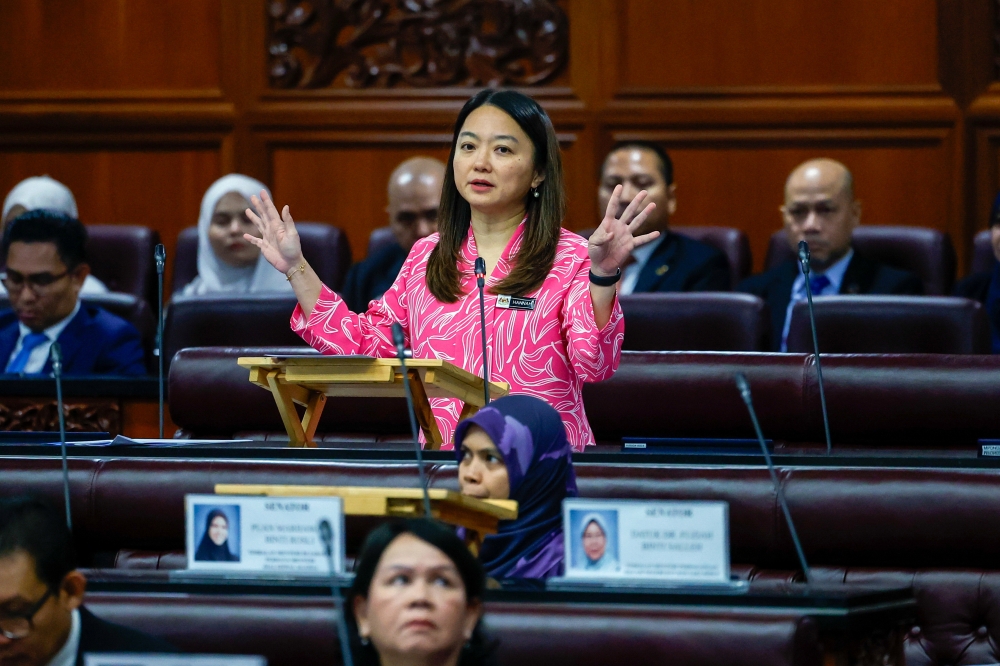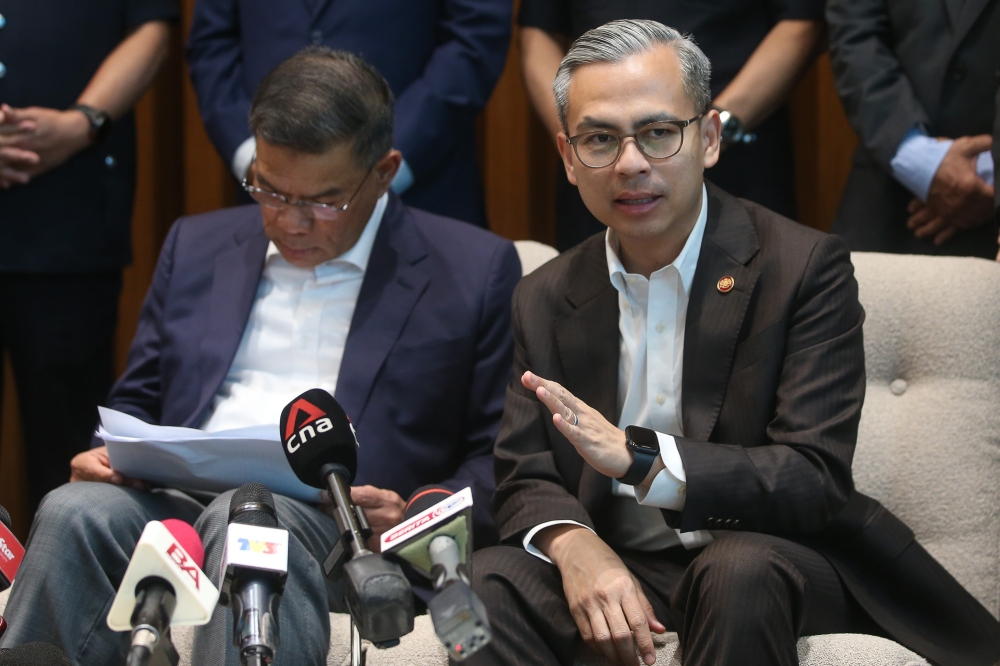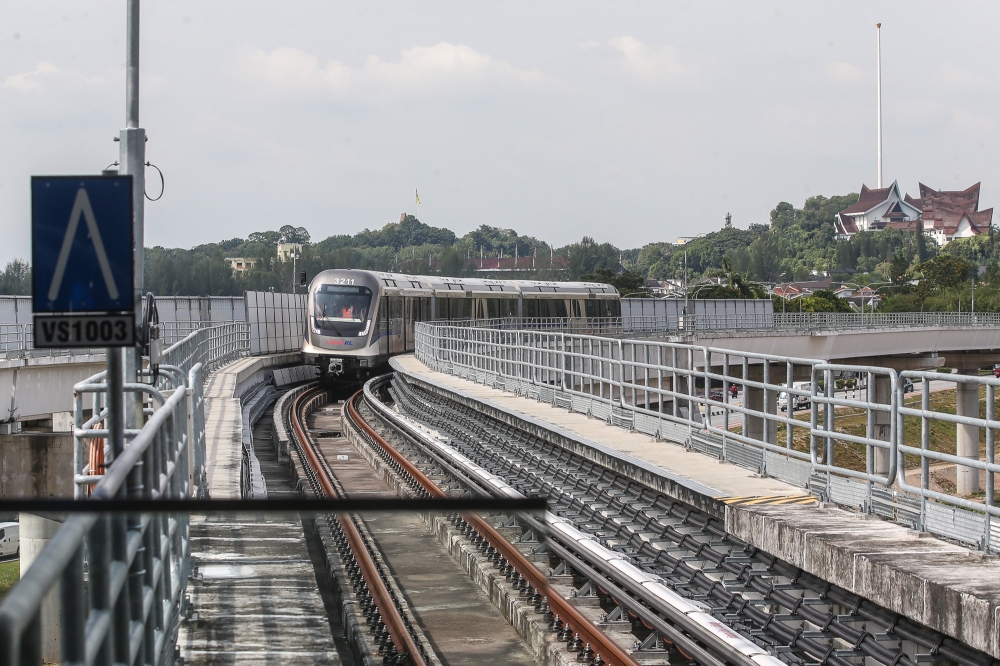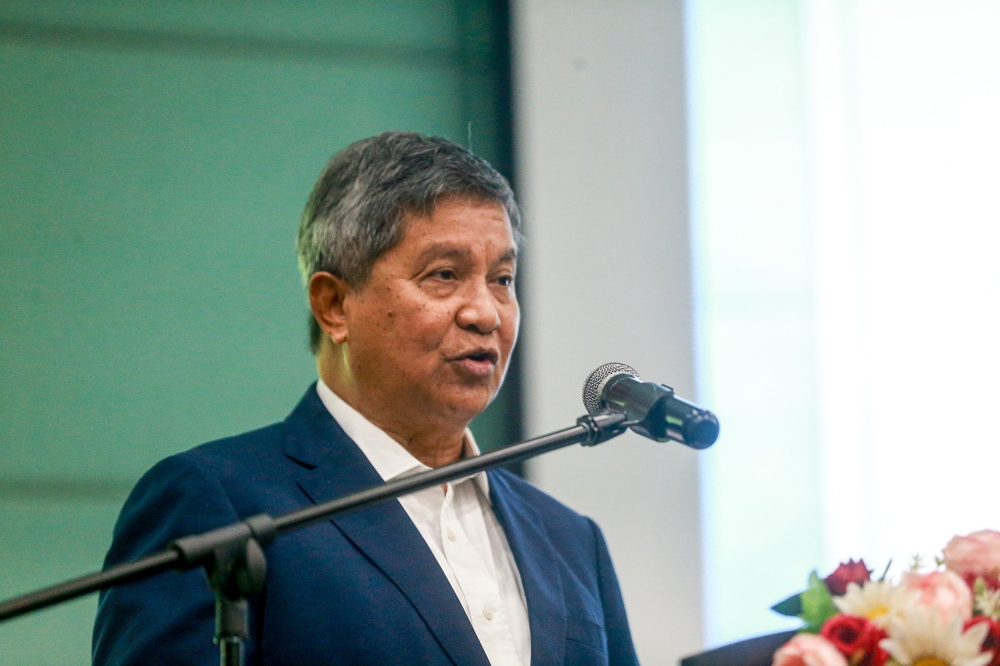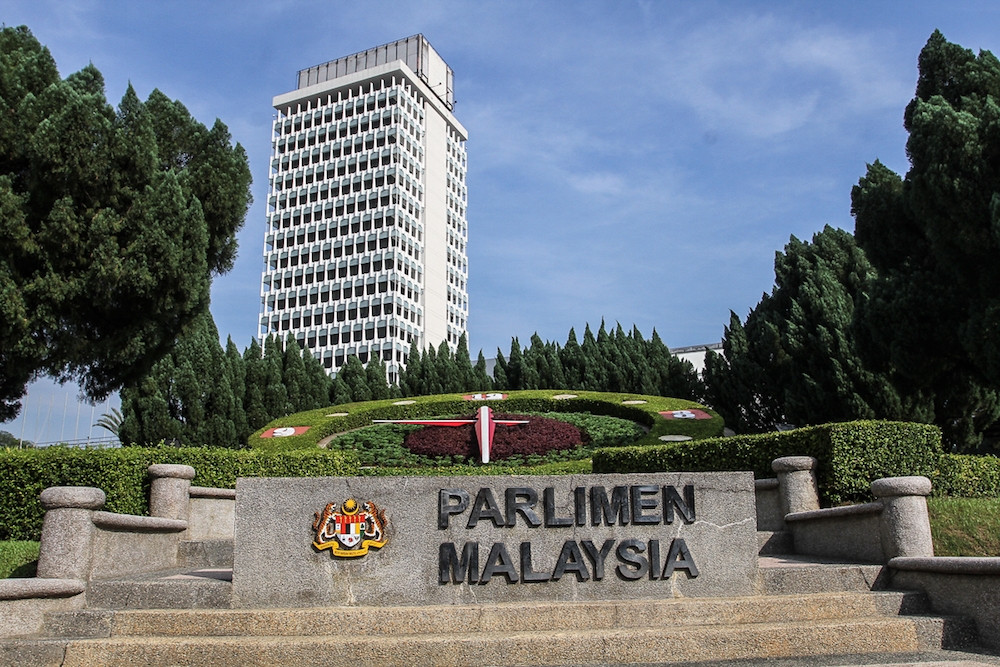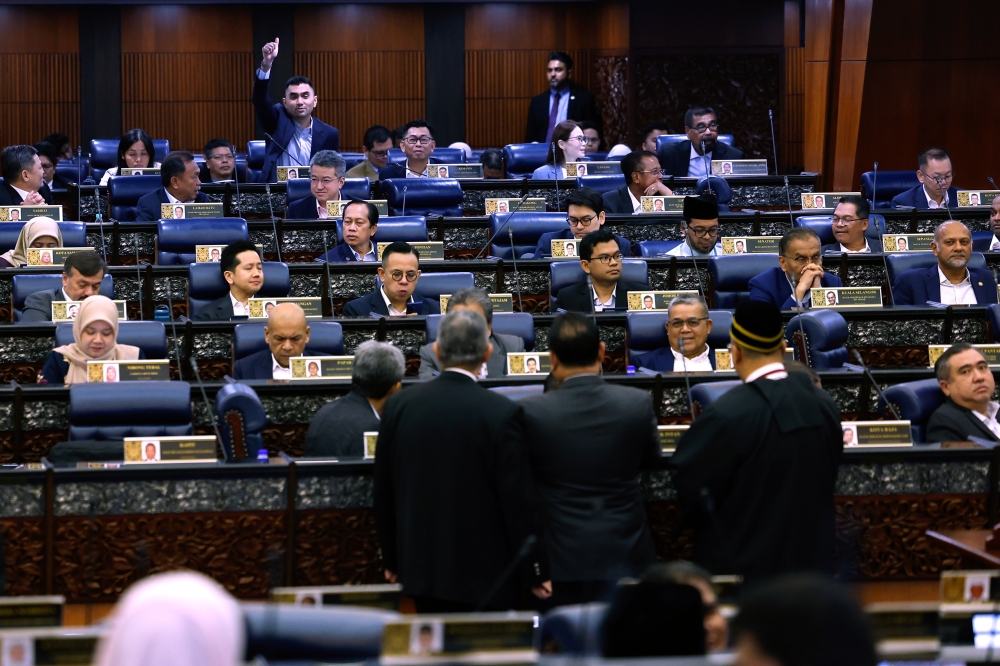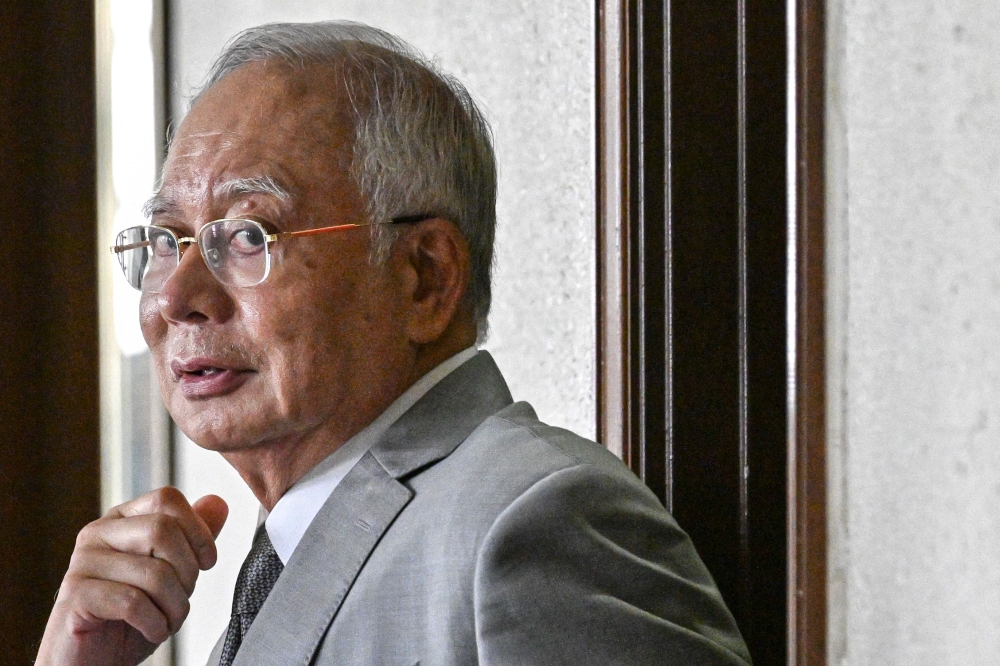KUALA LUMPUR, Dec 11 — The Federation of Malaysian Manufacturers (FMM) is most grateful for the fast action by the government in announcing the reopening of foreign worker recruitment from the source country will assist industries and improve the rate and pace of business and economic recovery.
It would also restore the confidence and reliability of Malaysia as a manufacturing hub and global supply chain player in the region and improve our export competitiveness.
“We look forward to the quick release of the Standard Operating Procedures (SOP) on the entry of foreign workers and request that the industry be involved in the discussions to ensure that the SOPs are practicable and at the same time do not add unnecessary cost burden on employers during this fragile economic period,” its president Tan Sri Soh Thian Lai said in a statement here today.
The industry is cognisant of the prevailing health threats of the Covid-19 pandemic and the need to ensure that the entry of the workers do not add to the health risks but at the same time request that the SOPs do not impose undue financial constraints on employers and for there to be full transparency on all cost elements involved.
The industry also notes that the implementation of the multi-tier levy mechanism has been postponed to July 1, 2022 and thanks the government for recognising the timing sensitivity of implementing this policy change.
He said FMM has always supported the implementation of the multi-tier levy mechanism which will allow the forces of demand and supply to determine outcomes and will effectively influence market behaviour without distortions; provides clarity and certainty to approvals; reduces bureaucracy and removes opportunities for abuse and corruption.
“We humbly request that the details of the multi-tier levy and the rate be announced by January 2022 to give industries the necessary time to plan and adjust to the new levy system.”
At the same time, FMM continues to remind industries to be responsible employers and continue to ensure strict adherence and compliance to all labour and employment laws and human resources standards and practices when employing foreign workers.
In the long term, concerted efforts have to be taken to reduce the dependence on foreign workers including greater technology adoption and automation of processes. —


